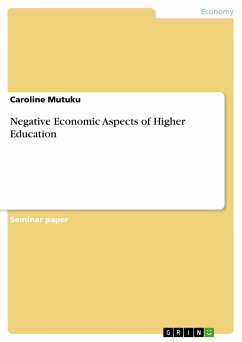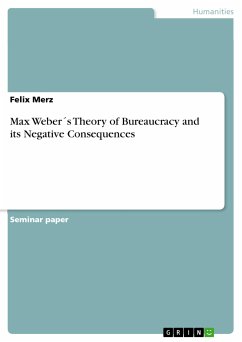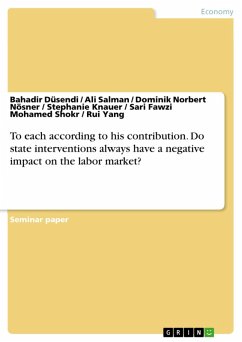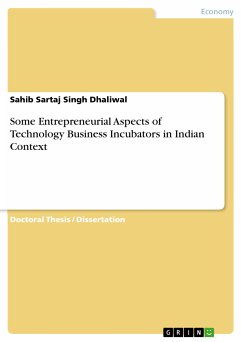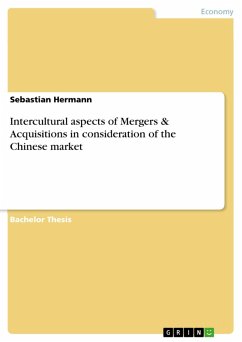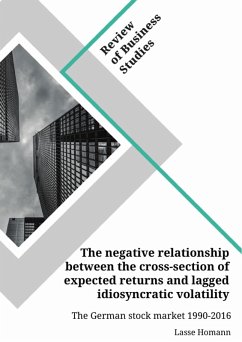Seminar paper from the year 2018 in the subject Business economics - Economic and Social History, grade: 1, , language: English, abstract: Educational expansion is usually given paramount consideration in the modern society. It is the dream of every parent to ensure his child acquires higher education. This desire has led to an immense expansion higher education in the United States over the twentieth century. It is explicit that higher education bears a wide range of benefits to individuals, as well as the government. Foremost, individuals with higher education benefit from what is referred to as positive selection. A utility maximization paradigm based on economic factors holds that attainment of higher education corresponds to high economic returns. The precepts of the positive selection hypothesis as described by Heckman, Urzua & Vytlacil (2006) hold that those who acquire higher education benefit most from it. As such, it is apparent that higher education has economic and social benefits. For instance, college graduates receive better remuneration than their counterparts with a high school diploma. It is also true that higher education attracts a high social esteem in the modern society. Despite these benefits, higher education has negative aspects too. Therefore, this paper aims at providing a comprehensive discussion of the negative aspects of higher education.
Dieser Download kann aus rechtlichen Gründen nur mit Rechnungsadresse in A, B, BG, CY, CZ, D, DK, EW, E, FIN, F, GR, HR, H, IRL, I, LT, L, LR, M, NL, PL, P, R, S, SLO, SK ausgeliefert werden.

